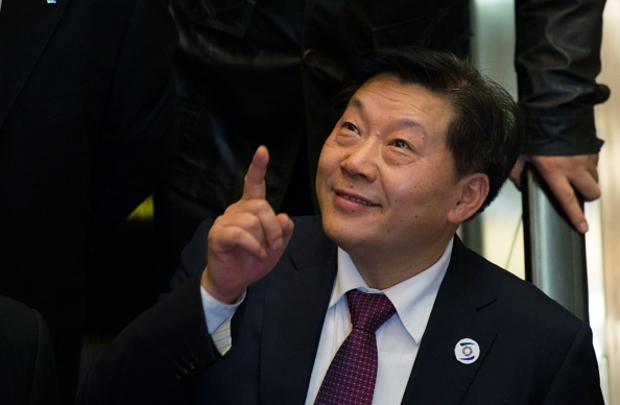At the Mercator Institute for China Studies, Nabil Alsabah examines the Cyberspace Administration of China, offering a concise overview of its structure, goals, and methods in “using information technology tools to underpin the Party’s authoritarian rule”:
Cyberspace has always presented the CCP with a difficult challenge: How can the Party tame the internet without jeopardising the economic opportunities of the digital age? To address this Herculean task, President Xi decided in late 2013 to set up the Cyberspace Administration of China. His vision was for the CAC to work toward a grand strategy for China’s cyberspace.
The CAC presents itself as the architect-in-chief of China’s cyber strategy. But Alsabah argues that economic regulation of the internet is mostly left to other government agencies while the CAC focuses on censorship and propaganda. The CAC has been behind stricter rules to control internet users and online journalists. It is also an important player in the Party-wide effort of adapting the propaganda apparatus to the digital age.
Domestically, the CAC is an important pillar of China’s IT-backed authoritarianism, i.e. the state’s application of cutting-edge information and communication technology to sustain China’s one-party rule. Internationally, the CAC promotes Xi’s vision of “cyber sovereignty”, according to which each country should have the right to draft and enact its own cyber regulations. This concept has the potential to become a model for other authoritarian countries, warns Alsabah. [Source]
The CAC’s first director Lu Wei was suddenly replaced in June, but no relaxation of control is expected under his successor Xu Lin. Lu may have succeeded in “nailing Jello to the wall” in terms of information control, but Alsabah writes that the CAC has failed to defragment China’s scattered digital policymaking into a single, coherent “grand strategy.” “The CAC,” he writes, “still does not have the personnel or the competence to dislodge existing power structures and curb the influence of the other actors” such as the Ministries of Public Security and Industry and Information Technology. This assessment may cast some doubt, ahead of next year’s keenly anticipated leadership changes, on the widely credited success of Xi’s efforts to consolidate and centralize power. Alsabah further writes that the CAC has had little success in promoting its vision of “cybersovereignty” abroad, apart from in other authoritarian countries.
Read details of the CAC’s various edicts on online news, comments, rumors, ads, and more, via CDT.







